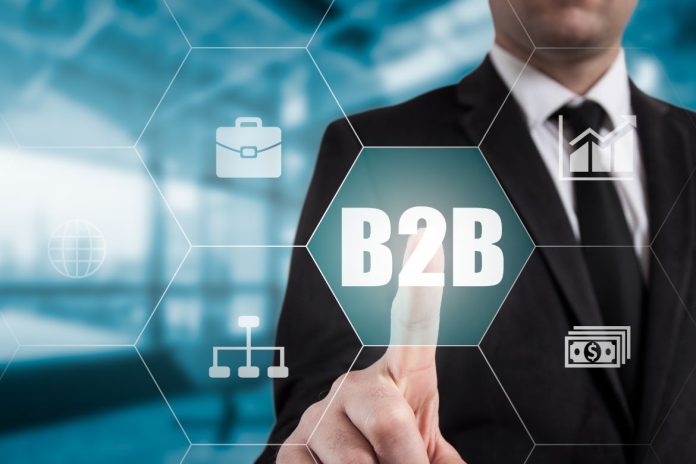The B2B marketing funnel has long been a cornerstone of strategy, yet in today’s complex buyer landscape, it has taken on even greater importance. With decision-making journeys becoming longer, multi-stakeholder-driven, and more research-intensive, marketers need a clear roadmap for guiding prospects from initial awareness all the way to purchase. That roadmap is the funnel—and when properly built, it doesn’t just attract attention, it creates meaningful pathways that turn curiosity into measurable revenue outcomes.
Understanding the Modern B2B Marketing Funnel
At its core, a funnel is a framework that illustrates how prospects move from one stage of the buyer’s journey to the next. But unlike consumer funnels, B2B funnels are rarely linear. Buyers now interact with multiple channels, evaluate content at their own pace, and rely on peer recommendations before ever engaging with sales.
This means marketers must view the funnel less as a rigid sequence and more as a dynamic ecosystem. Instead of pushing buyers down a predefined path, successful funnels nurture them with relevant content, timely engagement, and data-driven personalization. The result is a smoother progression toward becoming B2B sales qualified leads—prospects who are not only interested but also prepared to engage with a sales team.
Why Funnels Are More Critical Today
The urgency around B2B marketing funnels has intensified because buyer expectations have changed dramatically. Business decision-makers are now in control of their own journeys, consuming more content independently before raising their hand. A well-defined funnel allows marketers to anticipate these behaviors, align messaging across touchpoints, and avoid the trap of disjointed campaigns that confuse prospects instead of guiding them.
In addition, funnels help bridge the alignment gap between marketing and sales. By creating a common framework, both teams gain visibility into how leads progress, which stages need additional investment, and when it’s time to transition a prospect from marketing nurture to sales engagement. Without this shared system, organizations risk wasting valuable resources and losing momentum with high-value opportunities.
The Role of Data in Strengthening Funnels
No modern funnel can thrive without data. Today, success depends on the ability to leverage B2B buyer intent data to identify signals that reveal when a company is actively researching a solution. This data enables marketers to segment audiences, tailor campaigns, and prioritize prospects that are most likely to convert.
For example, if intent data reveals that a specific account is comparing solutions in your industry, this information helps your team deliver the right content at the right stage. When layered into a funnel strategy, intent insights eliminate guesswork and ensure that nurturing efforts are focused on buyers with genuine interest. This accelerates lead qualification, shortens sales cycles, and ultimately increases ROI.
Building Trust Across Funnel Stages
Beyond driving efficiency, funnels also play a critical role in establishing credibility. At the top, thought leadership content and industry insights create awareness while positioning your brand as a trusted advisor. As prospects move deeper, case studies, webinars, and solution-focused assets provide proof of value. By the time they reach the decision stage, buyers have already developed trust in your expertise, making them more likely to engage with your sales team.
The consistency of this experience matters as much as the content itself. A funnel is not just a mechanism for moving people closer to conversion—it’s a trust-building framework that reassures buyers they’re making the right choice.
A Fresh Look at B2B Funnels
A critical factor often underestimated in B2B marketing funnels is the need for integration across channels. Buyers no longer move neatly from awareness to decision in a straight line; instead, they interact with multiple touchpoints—social media, webinars, search engines, and peer recommendations—before ever becoming B2B sales qualified leads. This makes it essential for funnels to connect these touchpoints into a unified journey. By weaving in insights from B2B buyer intent data, marketers can create a seamless flow that meets prospects wherever they are. The most effective funnels are those that feel natural, guiding buyers with relevant messaging and consistent value, while positioning your brand as the trusted partner throughout the entire decision-making process.
To unlock smarter B2B marketing funnels fueled by B2B buyer intent data and strategies designed to generate B2B sales qualified leads, reach out to Acceligize for customized demand generation solutions.









